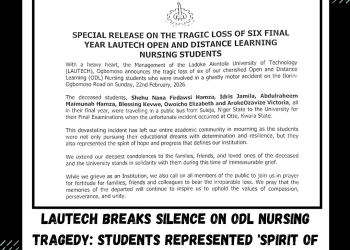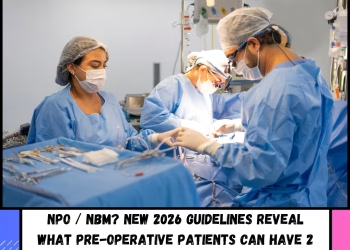
In a jaw-dropping breach of trust, a 29-year-old Florida woman posed as a registered nurse for months and cared for over 4,000 patients. She took vitals, gave medications, and even performed procedures—all without any formal training. The scam unraveled only when she applied for a promotion, and her credentials failed scrutiny. Now facing felony charges, her case has ignited fierce debate across Africa and beyond on nursing standards, on-the-job learning, and patient safety.
How the Deception Began and Thrived
The woman slipped into the hospital role using another nurse’s stolen license number. For months, she blended in seamlessly on the floor. Staff praised her work. Patients never suspected a thing. She handled real emergencies, administered drugs, and followed protocols so well that supervisors considered her for advancement.
Only during the promotion review did red flags appear. Background checks revealed the fraud. Investigators later discovered she had been active far longer than initially thought. Over 4,000 patients had received care from someone unqualified. The hospital now notifies each one, urging follow-ups to ensure no harm went undetected.
This fake nurse Florida case exposes gaps in hiring verification. In busy wards, trust often replaces thorough checks. For African hospitals facing nurse shortages, the story hits close to home—where understaffing can tempt shortcuts in vetting.
Public Outrage and Surprising Support
News of the impostor spread fast on social media, racking up over 21 million views. Reactions poured in from Nigeria, Kenya, and beyond. Many condemned the deception. One Nigerian user wrote: “It is shocking and deeply troubling that someone could pretend to be a nurse for so long. Patients depend on skilled professionals, and breaking that trust can have serious consequences.”
Yet others defended her results. “If she attended to about 4,000 patients without anyone noticing anything wrong, then give her the job,” argued a supporter. Another said: “Proving you don’t need 6 years of college to be a nurse. Good job lady!” Calls grew to waive charges, fine her, and fast-track her into proper training.
Some compared her to Kenya’s famous fake lawyer who won cases for years. “This guy is a LEGEND,” one tweet read, linking the stories. The debate centers on a key question: If no patients were harmed and she outperformed expectations, does the system punish competence or protect bureaucracy?
Legal Fallout and Patient Alerts
Authorities charged the woman with multiple felonies, including practicing medicine without a license and identity theft. She faces prison time if convicted. Meanwhile, the hospital launched an internal probe. How did she pass initial screenings? Why did daily performance raise no alarms?
All 4,000+ patients now receive letters. They must verify past treatments and watch for side effects. Though no injuries are confirmed, the emotional toll runs deep. Trust in healthcare takes years to build and seconds to shatter.
Lessons for African Nursing: Balance Training with Talent
In Nigeria, where nurse-to-patient ratios lag global standards, this case sparks vital talks. Formal education matters—lives depend on it. Yet rigid barriers block eager talent. Could supervised on-the-job training bridge the gap?
Experts say yes, with safeguards. Pair newcomers with mentors. Use simulations. Verify skills before solo shifts. Zimbabwe’s Gracious Jim proved excellence through focus; this impostor showed raw ability. Blend both paths to grow Africa’s nursing force.
Hospitals must tighten ID checks and license validation. Technology like biometric logins can help. For patients, always ask to see credentials if unsure. Your life may depend on it.
What’s your take—punish the fraud or harness the talent? Comment below.
Fellow Nurses Africa is the independent voice of African nursing. We educate, inform and support nurses across Africa.









